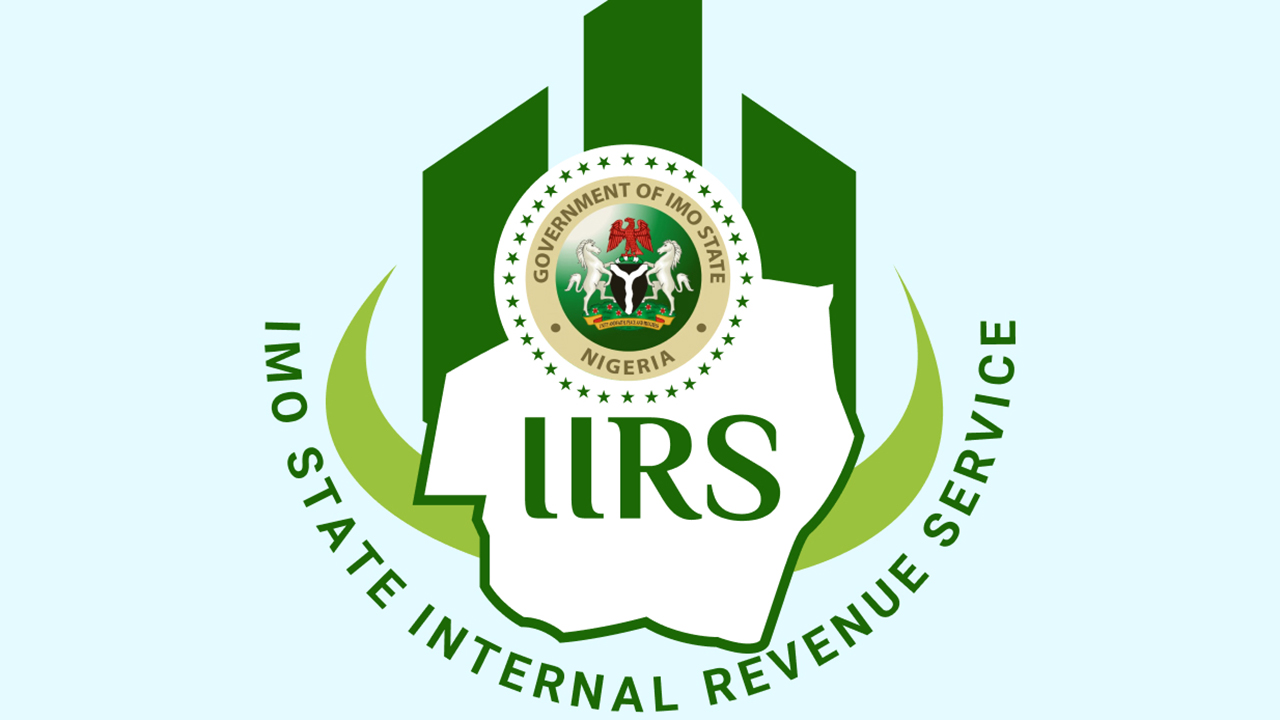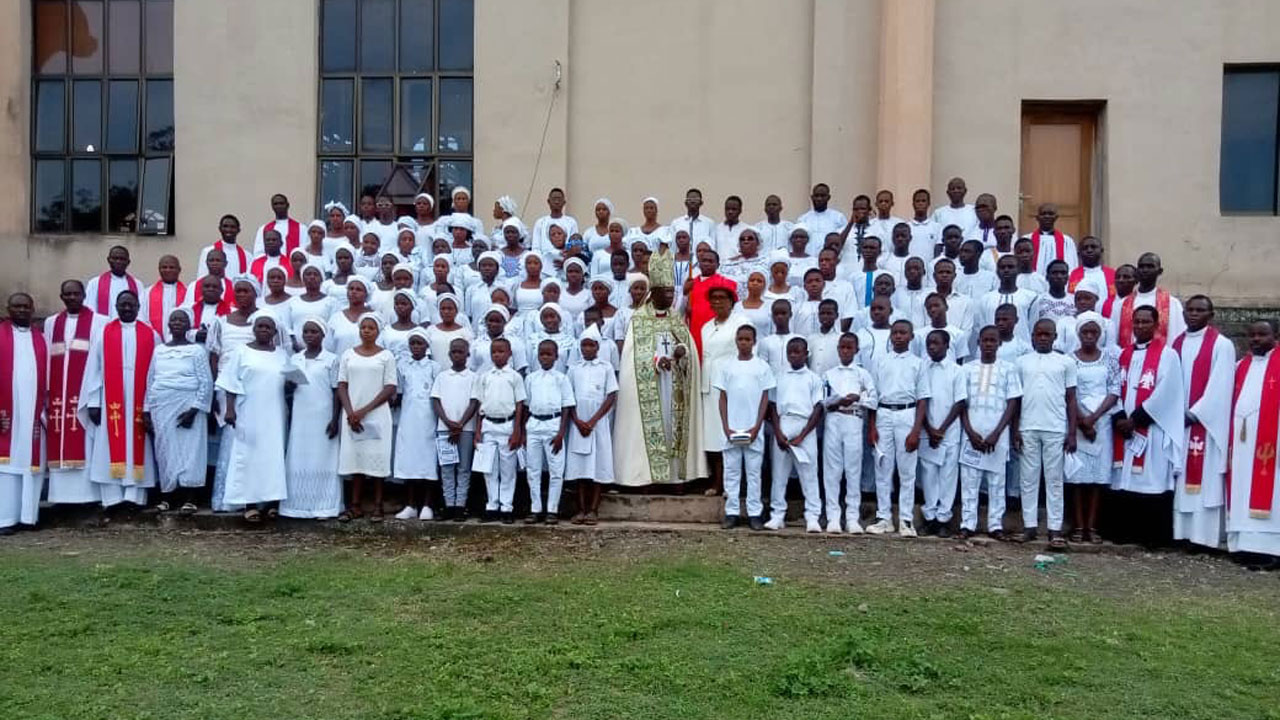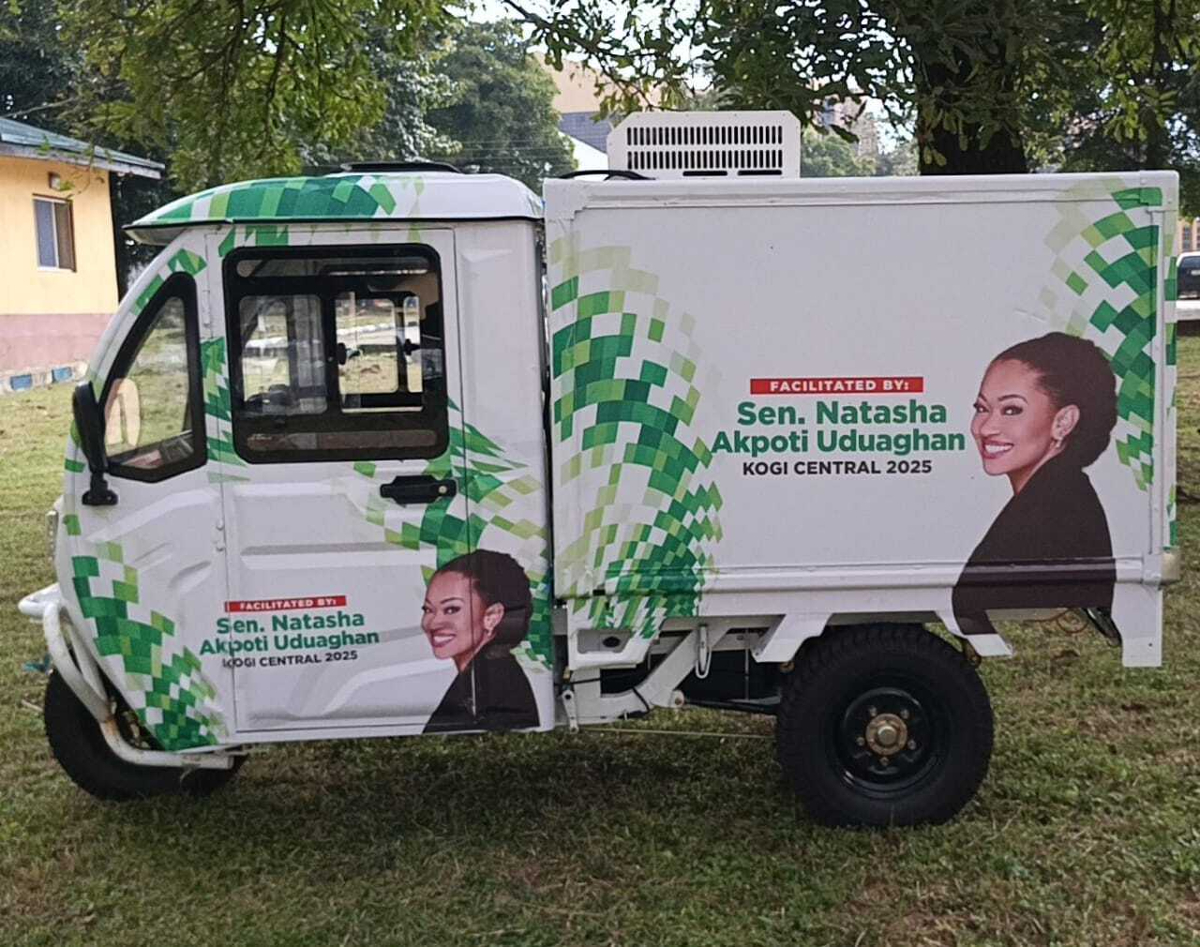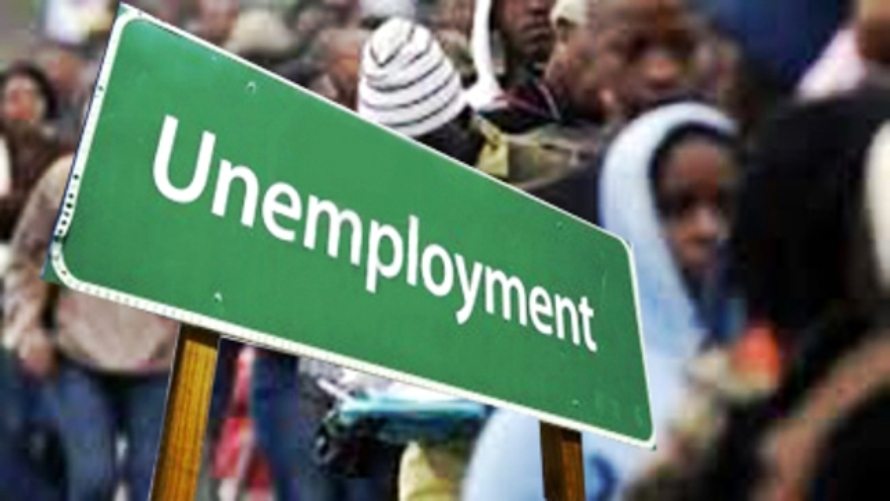The Imo State Internal Revenue Service (IIRS) has announced the full automation of its revenue-generating operations, in line with global standards and digital best practices.
The agency also disclosed that it now issues all revenue notices electronically.
Executive Chairman of the IIRS, Justice Okoye, made this known in Owerri during a stakeholders’ meeting that brought together heads of key state revenue agencies, including the Environmental Transformation Commission (ENTRACO), Imo Signage and Advertisement Agency (IMSAA), Imo Housing Corporation (IHC), and the Owerri Capital Development Authority (OCDA).
Also in attendance was the Special Adviser to the Governor on Public Enlightenment, Prince Eze Ugochukwu.
Okoye said the automation drive has led to a marked improvement in the state’s revenue performance.
“Imo State Internal Revenue Service operations are now fully automated, with revenue notices issued electronically. This digital transition has significantly improved revenue performance across the state,” he stated.
He noted that the agency would continue to engage with other revenue-generating bodies to assess challenges, align strategies, and ensure consistent growth in the state’s internally generated revenue.
According to him, the discussions focused on aligning agency operations with Governor Hope Uzodimma’s vision of a fully automated revenue system that promotes transparency, accountability, and efficiency.
“The IIRS has achieved full automation of its operations, with revenue notices now issued electronically. This marks a major shift to digital processes that have boosted revenue performance across Imo State,” Okoye said.
“The emphasis is on collaboration among agencies to ensure taxpayer compliance and maximize revenue outcomes.”
He further revealed that the state government was making deliberate efforts to provide necessary tools and logistics to support all revenue-generating agencies in fully adopting the automation initiative.
In their remarks, heads of the various agencies commended the IIRS for its innovative leadership and pledged their commitment to the initiative.
They, however, highlighted operational challenges such as inadequate equipment and mobility, and appealed to the state government to provide the needed support to overcome the constraints.






